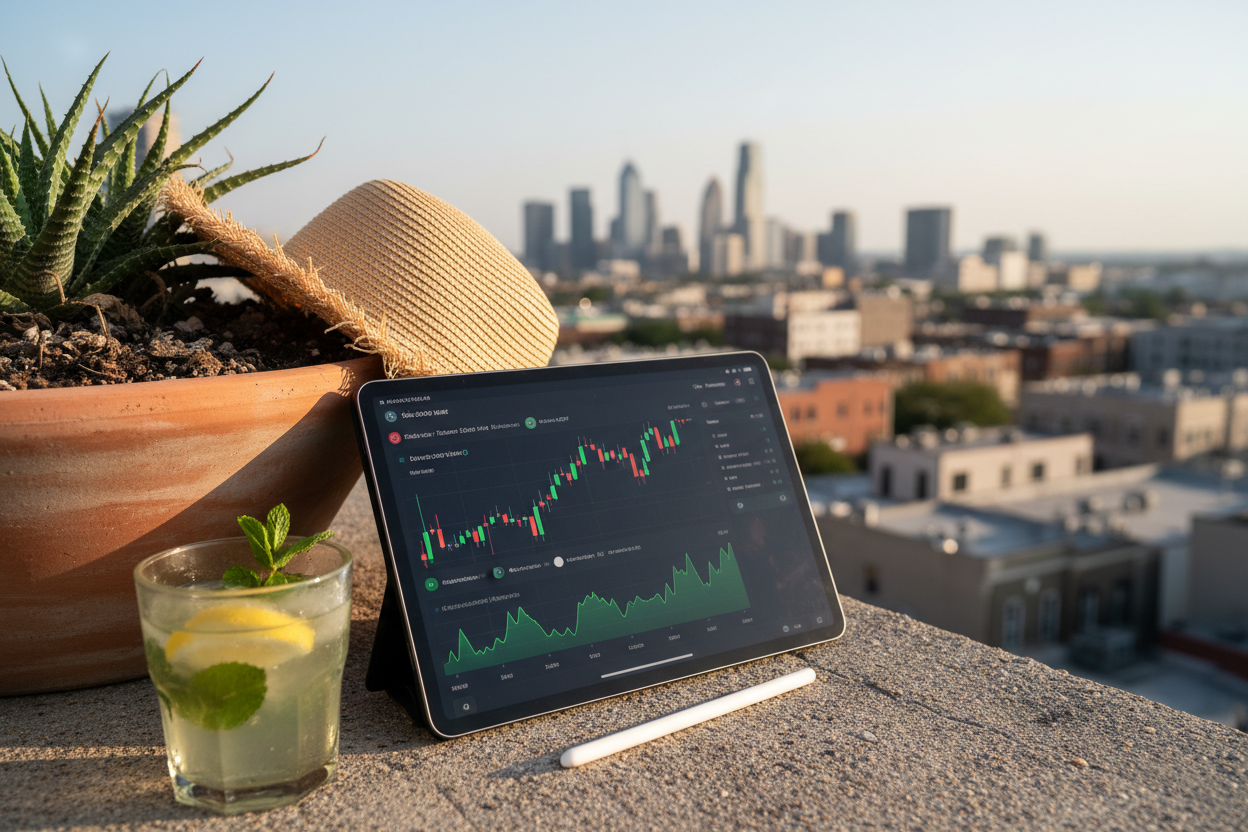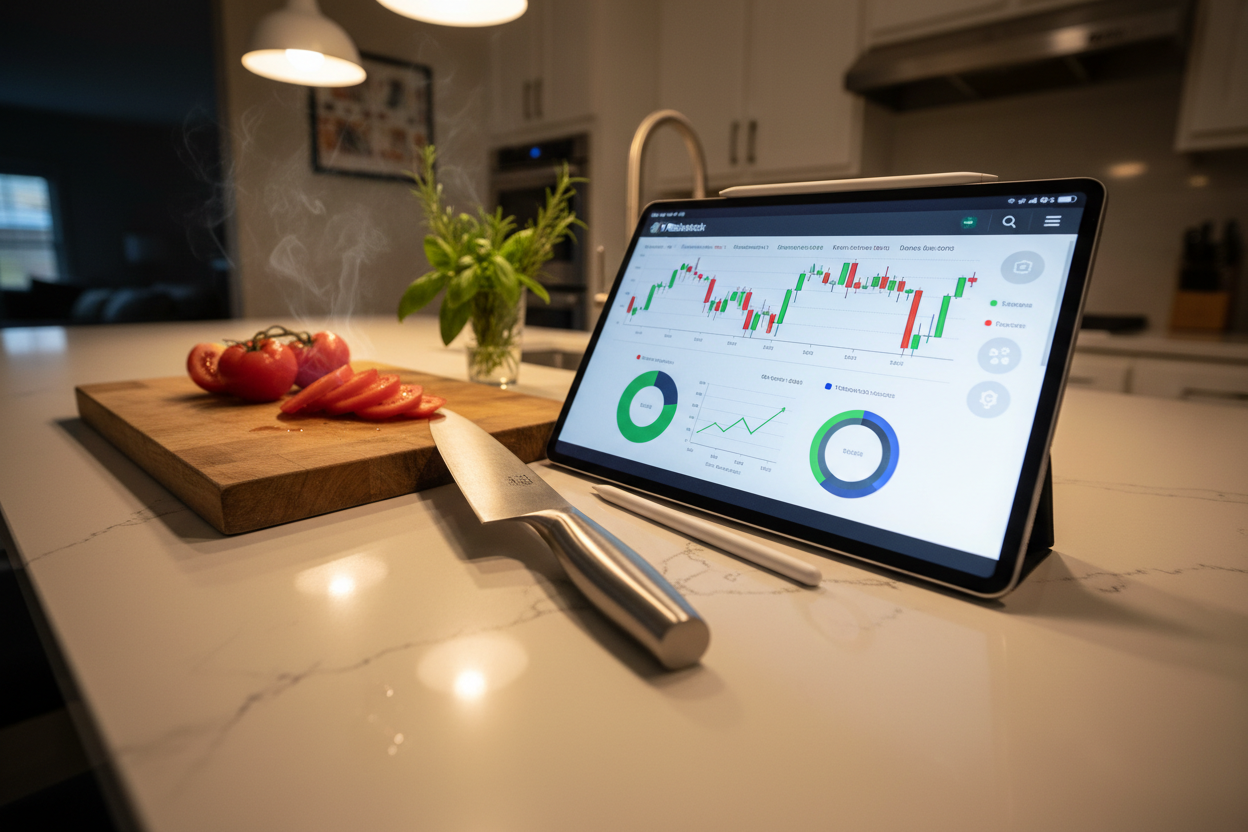How Tokenized U.S. Equities Are Traded On-Chain: Platforms, Risks, and Opportunities in 2024
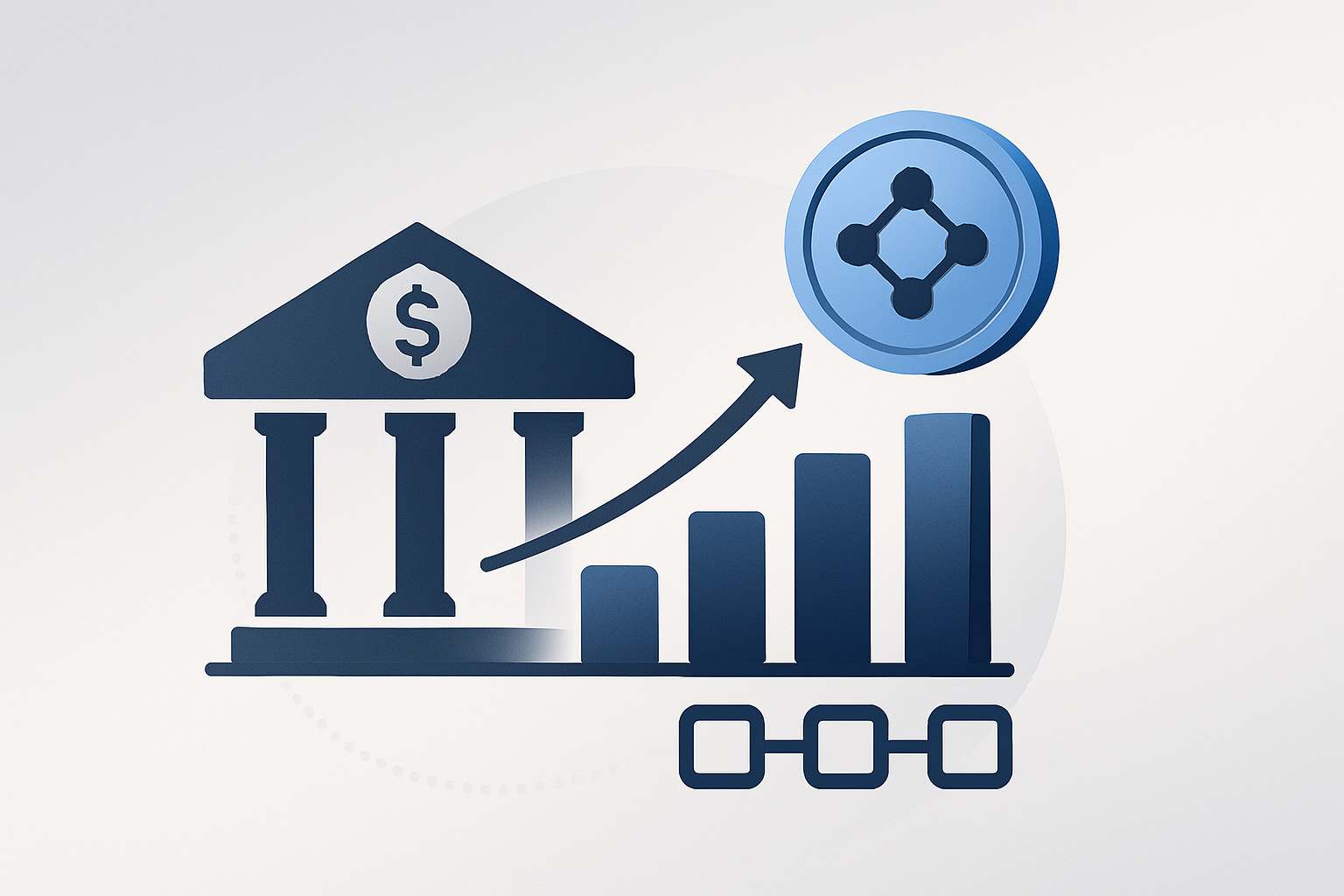
The landscape of equity trading is undergoing a seismic shift as tokenized U. S. equities move from niche crypto experiments to mainstream financial products. In 2025, blockchain-based stocks are no longer theoretical: major platforms like Robinhood and Coinbase are racing to offer tokenized equities, while Nasdaq’s SEC application signals that on-chain stocks may soon coexist with traditional shares in the national market system. These developments are transforming how, where, and when investors can access U. S. equities, raising both unprecedented opportunities and complex new risks.
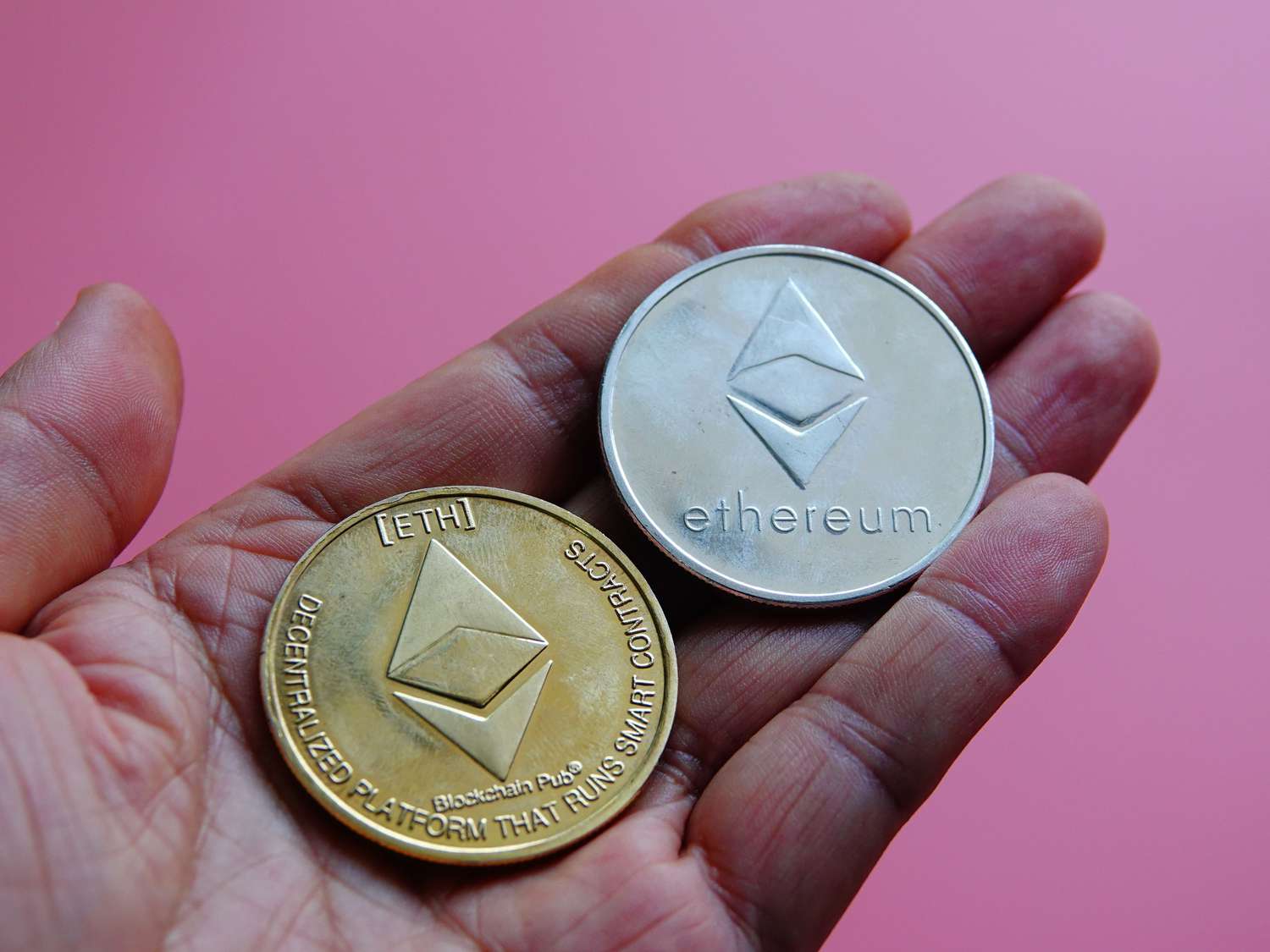
How Tokenized Equities Work: Mechanisms and Platforms
Tokenized equities are blockchain-based tokens that mirror the price of real-world stocks such as Apple or Tesla. Unlike traditional shares, these digital tokens can be traded 24/7, split into fractional units, and integrated seamlessly with decentralized finance (DeFi) protocols. The underlying mechanics vary by platform:
- Synthetic models: Platforms such as xStocksFi and Biconomy issue tokens whose value tracks the underlying stock via a combination of oracles and liquidity pools. No actual shares are held in custody; instead, smart contracts maintain price parity through arbitrage incentives.
- Custodial models: Some providers hold actual shares in regulated custodianship and mint blockchain tokens as digital representations. This approach aims to provide stronger legal backing for token holders but may limit composability with DeFi.
Major exchanges have taken notice: Robinhood’s EU launch of tokenized stocks in June 2025 marked a significant milestone, while Coinbase is actively seeking SEC approval for similar offerings (source). Nasdaq’s proposed integration would allow investors to choose between traditional or on-chain settlement for the same equity, potentially merging legacy finance with blockchain efficiency (source).
Leading Platforms for Trading Tokenized U.S. Equities in 2025
-

Robinhood – In June 2025, Robinhood launched tokenized U.S. stocks for EU customers, enabling 24/7 trading and fractional ownership of leading equities. The platform leverages blockchain technology for instant settlement, though U.S. access remains pending regulatory approval.
-
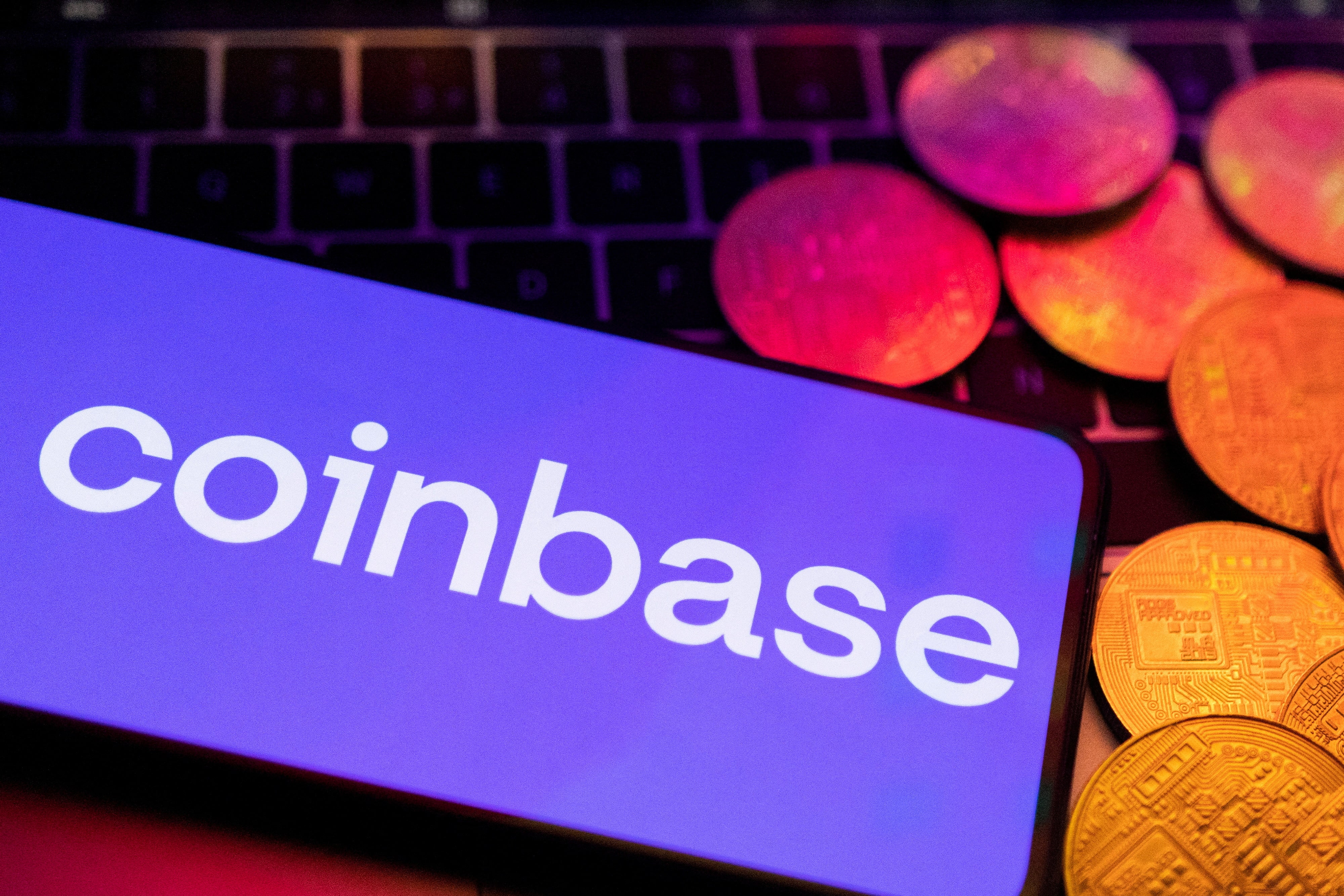
Coinbase – As of October 2025, Coinbase is actively seeking SEC approval to offer blockchain-based trading of tokenized U.S. equities. The exchange’s reputation for security and compliance positions it as a major upcoming player in this space.
-

Ondo Global Markets – Ondo Finance’s Global Markets product provides 24/7 on-chain access to over 100 tokenized U.S. stocks and ETFs, with a focus on global investors and DeFi integration. The platform supports trading, borrowing, and lending of tokenized equities.
-
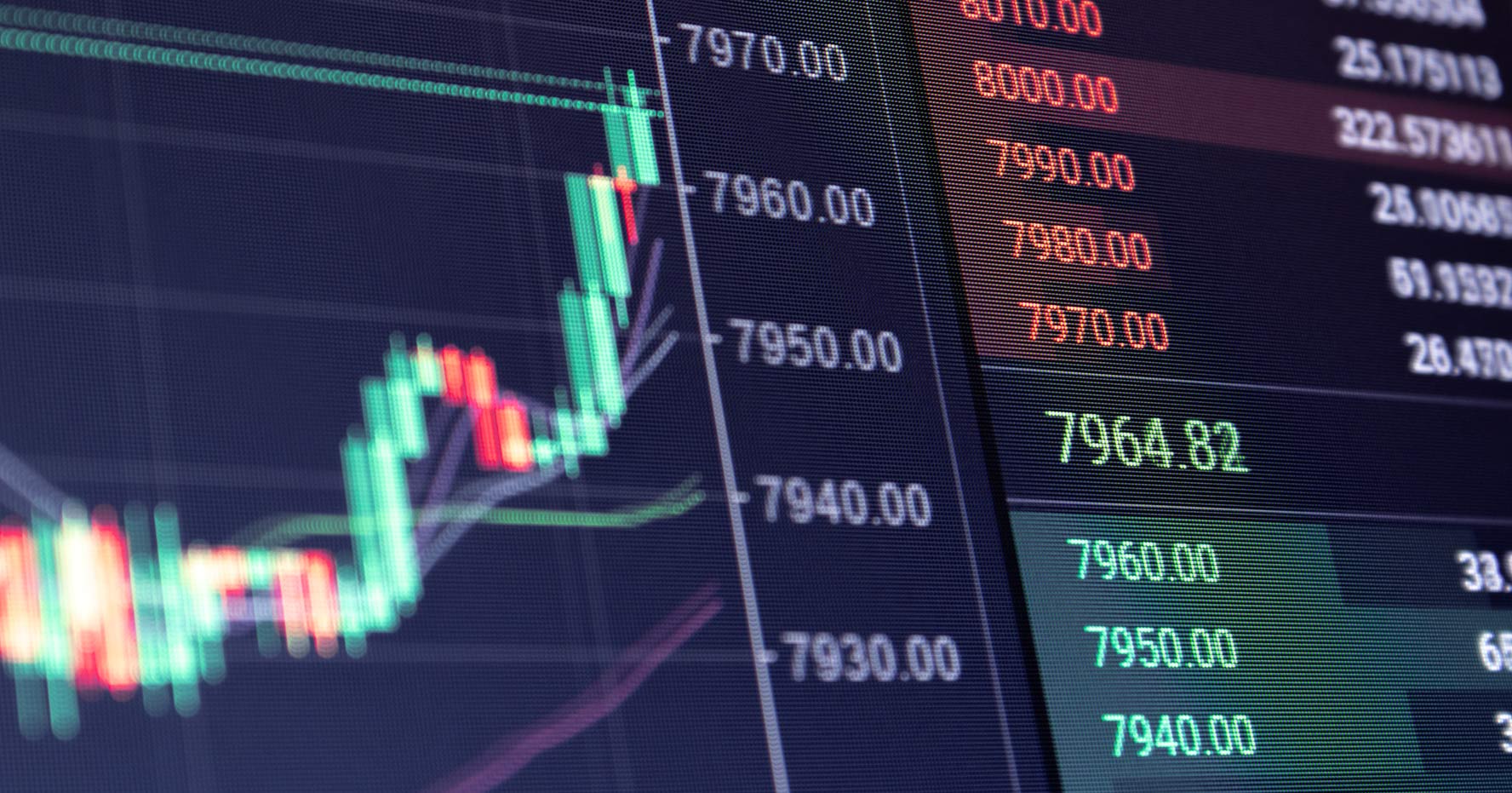
Nasdaq (pending SEC approval) – In September 2025, Nasdaq filed a proposal with the SEC to allow trading of tokenized securities on its main market. If approved, this would bring tokenized equities directly onto a major national exchange, integrating blockchain assets with traditional market infrastructure.
-
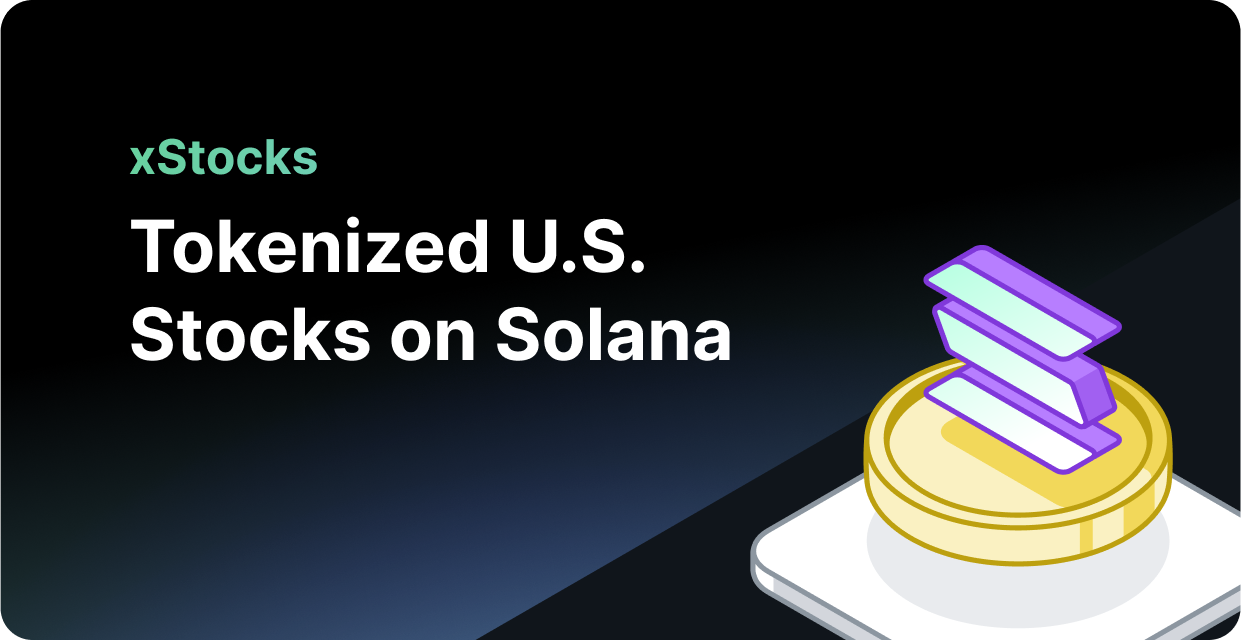
xStocks Alliance – This network of exchanges facilitates trading of tokenized U.S. equities across multiple blockchains, including Solana and BNB Chain. xStocks Alliance aims to enhance liquidity and interoperability for tokenized stocks worldwide.
The Regulatory Tightrope: Compliance and Oversight
This rapid innovation has not escaped regulatory scrutiny. In August 2025, the World Federation of Exchanges called for stricter oversight of tokenized stocks, warning that most tokens lack actual shareholder rights and legal protections (source). SEC Commissioner Hester Peirce underscored that “tokenized securities are still securities, ” meaning they must comply with existing regulations regardless of their digital wrapper.
This stance complicates the business model for many synthetic stock platforms operating outside U. S. jurisdiction or without clear custodial backing. Investors should be aware that holding a token does not necessarily confer voting rights or legal recourse if disputes arise, a stark contrast to traditional brokerage accounts.
Opportunities: Liquidity, Access, and Global Reach
The appeal of on-chain stocks lies in their potential to unlock previously inaccessible markets and trading hours. With blockchain equities trading available around the clock, investors worldwide can react instantly to news events without waiting for Wall Street to open its doors. Fractionalization lowers barriers even further, enabling micro-investments in high-priced stocks like Google or Amazon.
Platforms such as Ondo Global Markets now offer on-chain exposure to over 100 U. S. -listed stocks and ETFs, expanding access beyond borders and time zones (see details here). For DeFi users, composability means these assets can be used as collateral or traded against stablecoins without leaving the crypto ecosystem.
Yet, alongside these advantages, tokenized assets introduce a new layer of complexity. Liquidity is no longer bound to the opening bell, but it is fragmented across multiple blockchains and platforms. While this can create arbitrage opportunities, it also means price discovery may diverge from traditional equity markets, sometimes dramatically. In 2025, several high-profile tokenized stocks traded at notable premiums or discounts compared to their underlying shares, raising questions about fair value and market efficiency (source).
Risks: Security, Price Discrepancies, and Legal Uncertainty
Security remains a persistent concern in blockchain equities trading. Centralized exchanges and synthetic stock platforms are attractive targets for hackers. The $50 million breach in 2024 exposed the vulnerability of platforms that lack robust custody solutions and insurance mechanisms (source). Investors must assess not just the smart contract code but also the operational resilience of the venues they use.
Price discrepancies between tokenized U. S. stocks and their real-world counterparts have become a flashpoint for both traders and regulators. These gaps can be driven by liquidity mismatches, cross-border capital controls, or even technical failures in price oracles that feed data to smart contracts. For sophisticated investors, these inefficiencies may present short-term trading opportunities. For retail users, however, they represent significant risk, especially if tokens cannot be redeemed for actual shares or fiat.
The legal status of tokenized equities is still evolving rapidly. While the SEC’s willingness to review on-chain stock proposals signals progress (source), most tokens today do not offer direct shareholder rights such as voting or dividends. Jurisdictional ambiguity persists, many synthetic stock products are offered from offshore entities beyond U. S. regulatory reach.
Key Risks of Trading Tokenized U.S. Equities
-

Regulatory Uncertainty: The SEC and global regulators are still developing frameworks for tokenized securities, creating risks of sudden rule changes, enforcement actions, or trading restrictions.
-
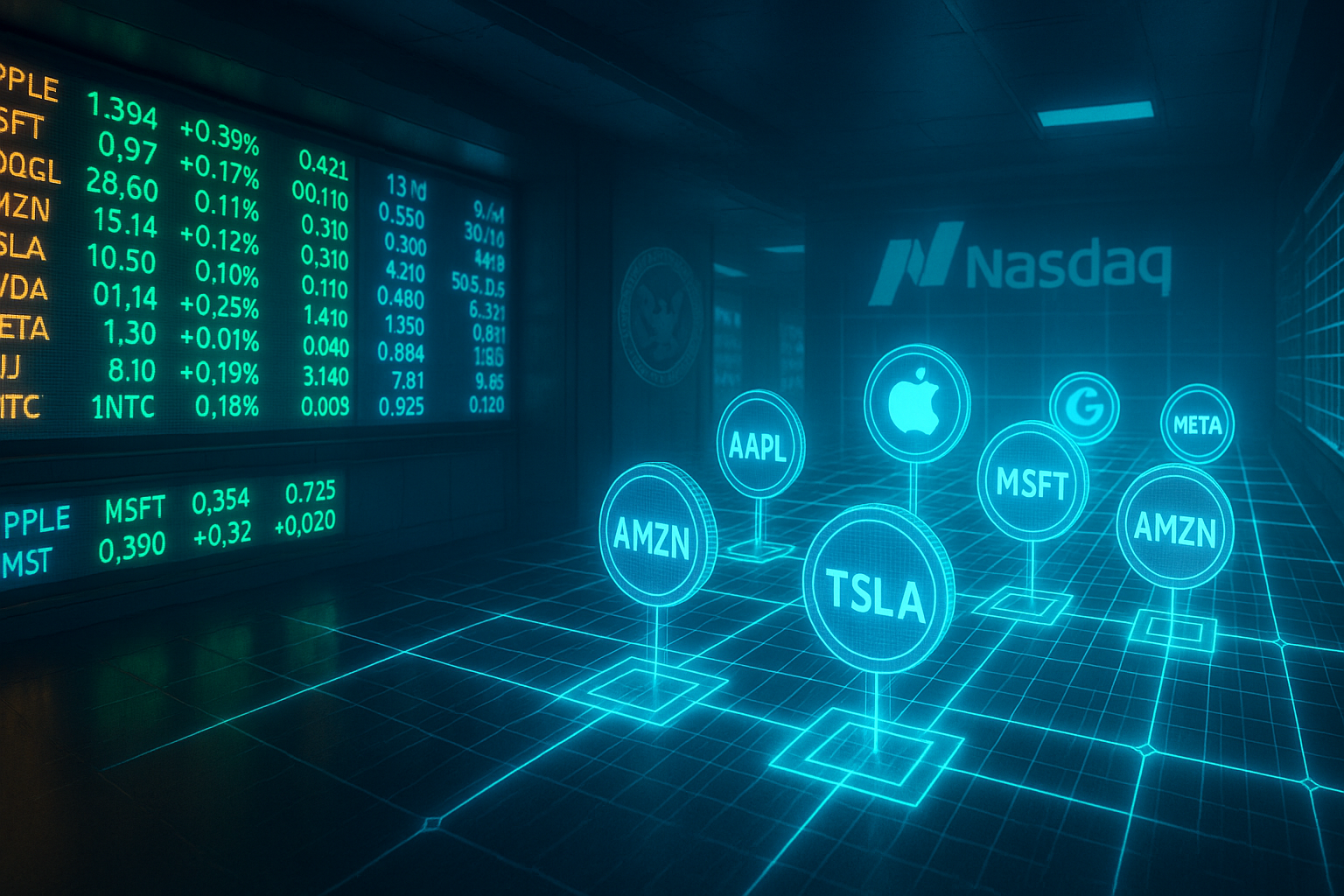
Price Discrepancies: Tokenized equities can trade at significant premiums or discounts compared to their underlying stocks, as reported in 2025, leading to potential losses for investors due to market inefficiencies.
-

Platform Security Risks: Centralized exchanges and blockchain platforms, like those offering tokenized equities, remain targets for cyberattacks—highlighted by a major $50 million breach in 2024.
-

Counterparty and Custody Risks: Investors rely on the solvency and operational integrity of tokenization platforms (e.g., Robinhood, Coinbase) for asset backing and redemption, raising concerns about counterparty default or mismanagement.
What’s Next: The Path Toward Mainstream Adoption
The next phase for tokenized U. S. stocks will likely be defined by convergence between legacy finance and DeFi infrastructure. Nasdaq’s pending SEC application could set a precedent for integrating on-chain settlement into mainstream equity markets (source). If approved, this would allow investors to toggle seamlessly between traditional brokerage accounts and blockchain-based wallets, a development with profound implications for market access and efficiency.
For now, risk-aware investors should focus on due diligence: scrutinize platform security protocols, understand how price feeds are sourced and maintained, and verify what (if any) legal rights accompany each tokenized asset. The promise of 24/7 blockchain equities trading is real, but so are the pitfalls of an industry still finding its regulatory footing.
The landscape is dynamic; new entrants like xStocksFi and Biconomy continue to innovate in synthetic stocks platforms while established giants adapt their models to meet evolving compliance standards. As tokenization matures into a core pillar of global capital markets, those who master risk will unlock outsized opportunity, and help shape the future of investing itself.







